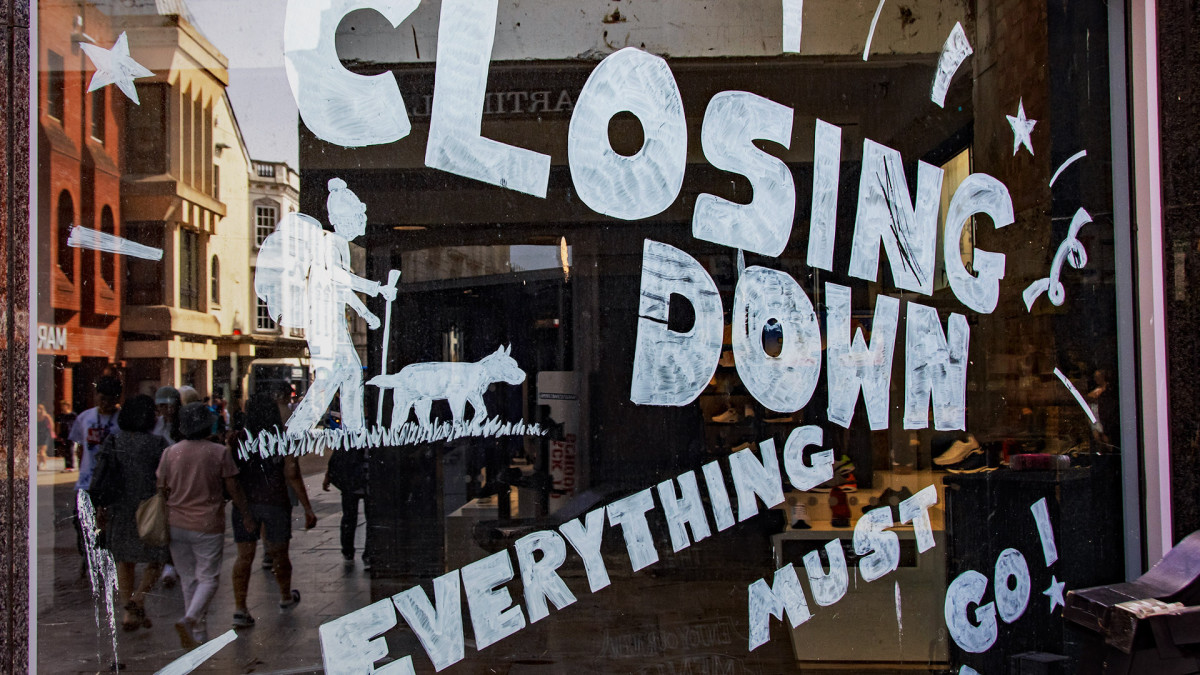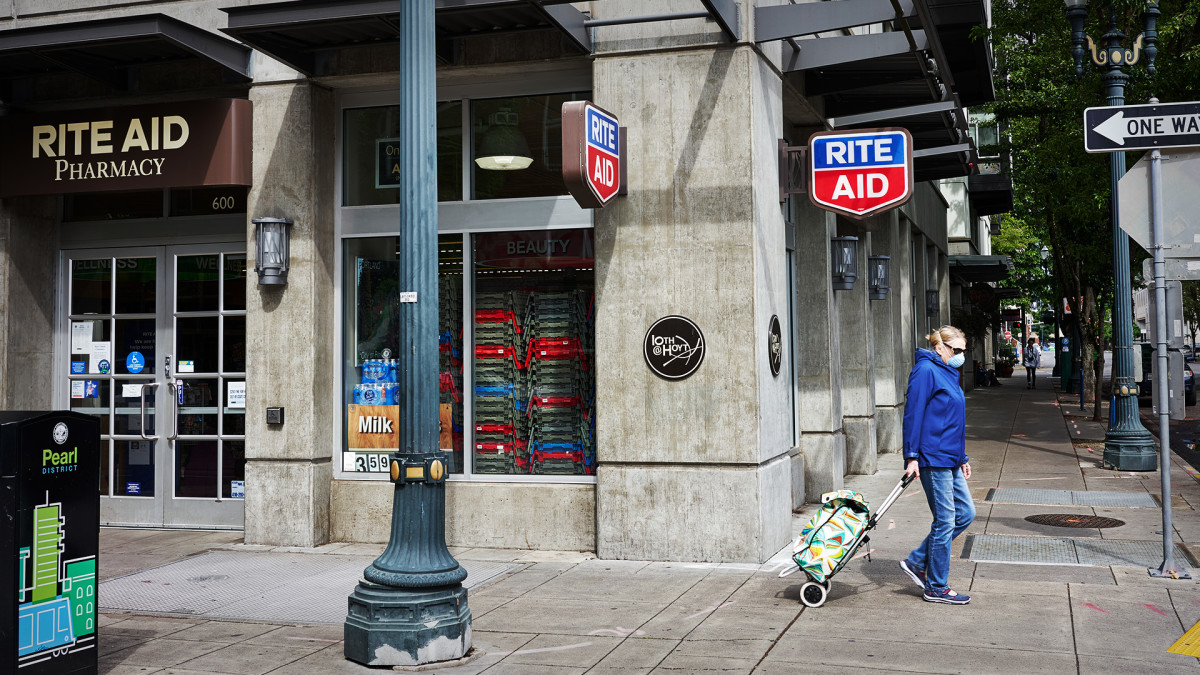
While bankruptcy has caused a number of popular chains to close their doors, it's hard to call any of those companies "essential" retailers.
People liked shopping at Christmas Tree Shops, Tuesday Morning and Bed Bath & Beyond, but none of those chains sold items that people either needed or couldn't easily get elsewhere.
The same can be said of two chains that managed to use a Chapter 11 bankruptcy to reorganize and survive: Party City and David's Bridal. Many brides would have been devastated by not getting the wedding dresses they ordered, but that's not a life-and-death situation (even if it seems like one in the moment).
Related: Popular food brand files Chapter 7 bankruptcy, heads to liquidation
Many retailers have struggled because they sell things people want but don't need at a time where many people are tightening their budgets.
Furniture retailer Wayfair, for example, has appeared on some default/bankruptcy watch lists. That's partly because people want to see most furniture up close and touch it before buying it, but also because American consumers have become cautious about making larger purchases.
In addition, struggles, store closures and bankruptcy risk are not limited to these types of retailers. Essential chains that are often part of their fabric of their neighborhoods have struggled as well.

Image source: Shutterstock
Pharmacy chains are closing a lot of stores
Rite Aid (RAD) -), a struggling retailer that has considered filing for Chapter 11 and closing about 500 of its 2,100 stores, can be considered an essential retailer. And while the chain plans to reorganize and keep the bulk of its stores open, it has $3.3 billion in debt, so there's no guarantee that it'll survive long term.
But while Rite Aid may be the only pharmacy chain facing bankruptcy, the retail industry more broadly is seeing a number of chains planning to close some stores. CVS Health (CVS) -), the pharmacy-market leader by most standards, has been closing 300 stores a year since 2021.
"The company has been evaluating changes in population, consumer buying patterns and future health needs to ensure it has the right kinds of stores in the right locations for consumers and for the business," the company said when the plan kicked off.
Walgreens, (WBA) -) CVS's largest rival, also has plans to close stores, as many as 450 of them in the U.S. and the U.K., it said during its third-quarter-earnings call in June.
In addition, Walmart (WMT) -) has cut the hours at 4,600 of its pharmacy location by two hours a day. The company has denied reports that those cuts came with asking pharmacists to take pay cuts.
Demand for pharmacies remains high
While roughly 1,500 pharmacies have closed in the U.S. and the entire Rite Aid chain faces at least some risk, demand for pharmacy services has not decreased. Some of that demand, however, has moved online, which has contributed to why chains are closing marginal stores.
"The challenges facing drugstore operators are serious and the closures reported by the large chain drugstores are significant," Mark Ryski, a prominent retail author and chief executive of the Alberta consultancy HeadCount, recently told RetailWire. "However, the demand for pharmaceuticals is and will remain high, in part driven by an aging population who will require more, not less, health services."
A number of commenters proposed an answer to markets that are losing access to the big chains.
"There remains one group — the 20,000+ independent pharmacy operators — who have repeatedly proven their resilience," wrote Dave Wendland, a member of senior management at the HRG consultancy. They are "[dedicated] to patient care and accessibility with an unwavering focus on health."
Ryski echoed that sentiment.
"Online pharmacies, independent pharmacies, grocery retailers and other players will find a business model that works. I believe that independent pharmacies are especially well suited to fill pockets left in the market," he added.







